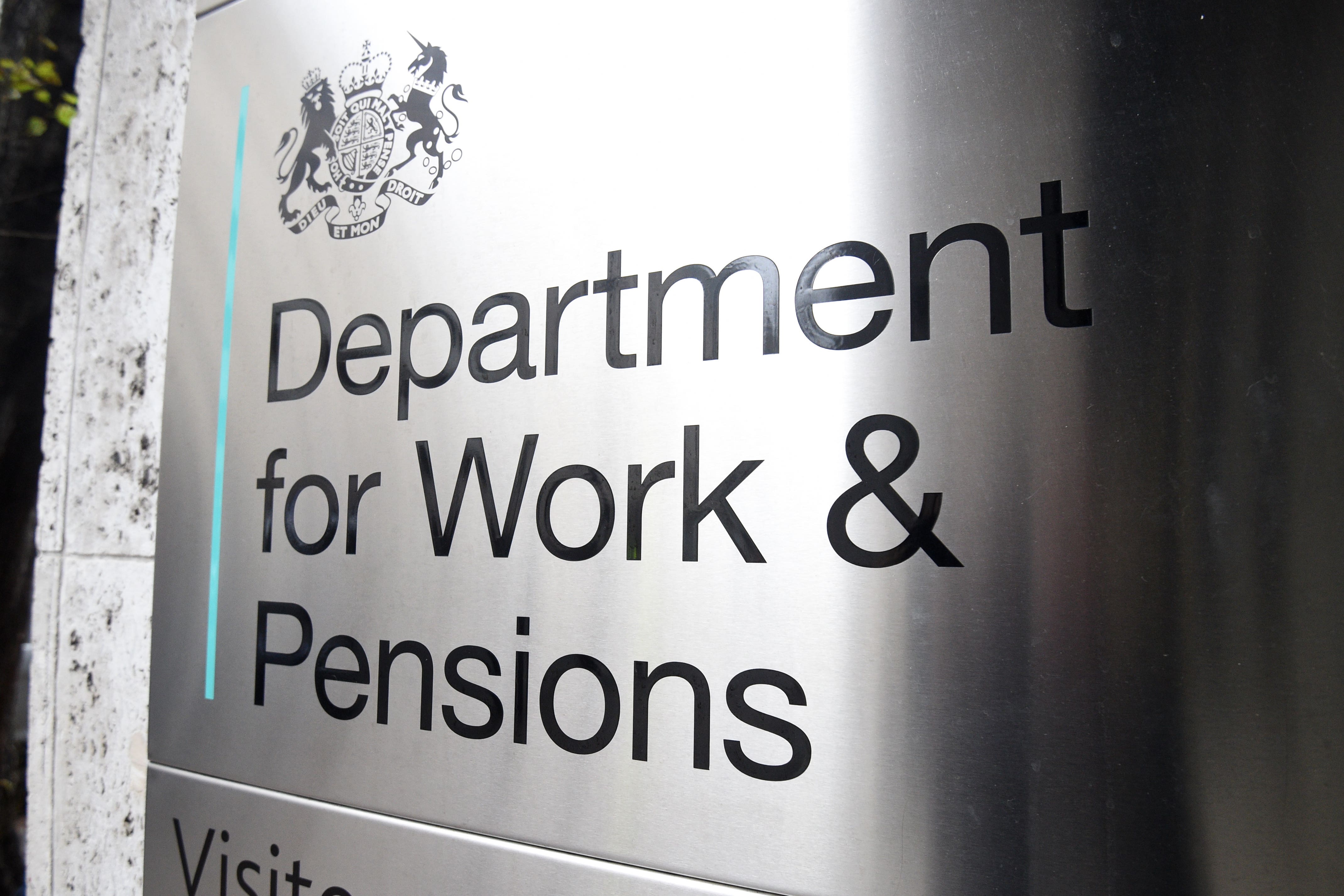Families with children hit hardest by 14 years of tax and benefit changes – IFS
The report found the wider impact of tax and benefit reforms since 2010 had reduced incomes for the poorest 40% and richest 10% of households.

Your support helps us to tell the story
From reproductive rights to climate change to Big Tech, The Independent is on the ground when the story is developing. Whether it's investigating the financials of Elon Musk's pro-Trump PAC or producing our latest documentary, 'The A Word', which shines a light on the American women fighting for reproductive rights, we know how important it is to parse out the facts from the messaging.
At such a critical moment in US history, we need reporters on the ground. Your donation allows us to keep sending journalists to speak to both sides of the story.
The Independent is trusted by Americans across the entire political spectrum. And unlike many other quality news outlets, we choose not to lock Americans out of our reporting and analysis with paywalls. We believe quality journalism should be available to everyone, paid for by those who can afford it.
Your support makes all the difference.Families with children have seen their incomes fall by an average of £2,200 per year since 2010 thanks to changes to taxes and benefits, a leading think tank has found.
In a report published on Saturday, the Institute for Fiscal Studies (IFS) said families with children had been hit hardest by benefit cuts over the past 14 years.
Parents who are out of work have seen the biggest fall in their incomes, with the IFS saying they had lost £5,500 per year, but in-work families had also seen their entitlements cut back.
Tom Waters, associate director at the IFS, said: “There has been a steady shift over the past 14 years from cash support for families with children to in-kind support through childcare.
This is surely key to the picture of rising acute hardship seen in recent years - a trend which must be an urgent priority for the next government
“But the latter only offsets a small fraction of the former. Taken together with other benefit reforms, this has led to big declines in support for the poorest households.”
Among the changes affecting families with children are reductions in the level of child tax credits and the “two-child limit” that sees Universal Credit payments only made for a family’s first two children.
The IFS said the overall benefit cap also primarily impacted families with children.
On Friday, the Conservatives announced plans to raise the high-income child benefit tax charge threshold to £120,000, increasing the number of higher-earning families that would qualify for support.
But the IFS said this would only “partly” undo the changes of the past 14 years and “still leave the broad picture little changed”.
More broadly, Saturday’s report found the wider impact of tax and benefit reforms since 2010 had reduced incomes for the poorest 40% and richest 10% of households, with those in the middle seeing their incomes rise.
Higher earners had benefited from the reduction in the top rate of income tax from 50% to 45%, but the failure to increase tax thresholds in real terms and reductions in tax relief for pension contributions more than outweighed this.
Mubin Haq, chief executive of the abrdn Financial Fairness Trust, which funded the IFS research, said: “It is those with the least who have faced the largest proportional cut to incomes.
“For the poorest tenth, this is an overall fall of over 15% in income, around £2,000 a year.
“This is surely key to the picture of rising acute hardship seen in recent years – a trend which must be an urgent priority for the next government.”